Lexi Carter, an African American woman from Memphis Tennessee, is filing a formal complaint against her dermatologist, a white man named Dr. James Turner, who repeatedly referred to her as "Aunt Jemima" throughout Carter's appointment
The imagery on Aunt Jemima's packaging depicts a stereotypical African American woman from minstrel shows of the late 1800s, and the name holds derogatory racial context: It's used to refer to a black woman who is considered subservient to (or who tries to curry favor with) white people.
Carter commented to WMC-TV:
I haven't slept. I haven't–I haven't really been able to deal with this. It's just the most horrible feeling really and I try to understand it and I don't understand it.
She continued:
It was an insult, racial ethnic insult, a joke. It's putting me on a level of someone who is subservient with a smile–kind of step and fetch it. It was very derogatory, very demeaning. Especially for someone who prides myself in being none of that.
Dr. Turner reportedly used the term multiple times without restraint. He later released a statement of apology, which read:
Ms. Carter is one of our very dear patients and has been for years. She is one of many African American patients and I count it a privilege to be their doctor. Anything I said that tarnishes that image and my respect for her was a misspoken blunder on my part and was not intended to show disrespect for Ms. Carter. I am very sorry for that misunderstanding.
Aunt Jemima, described by professor Riché Richardson in a 2015 New York Times article as "one of the longest continually running logos and trademarks in the history of American advertising," has incredibly controversial origins. Richardson describes them:
This Aunt Jemima logo was an outgrowth of Old South plantation nostalgia and romance grounded in an idea about the 'mammy,' a devoted and submissive servant who eagerly nurtured the children of her white master and mistress while neglecting her own. Visually, the plantation myth portrayed her as an asexual, plump black woman wearing a headscarf.
If there's one thing the entire internet seems to agree on, it's that Dr. Carter's words were deeply inappropriate.
In such divided times, at least we can all agree behavior like this is unacceptable.
Unfortunately, this is unlikely to be the last time we hear of such an incident, but the backlash should serve as a proper warning to those who openly espouse racist views or make racially charged statements.


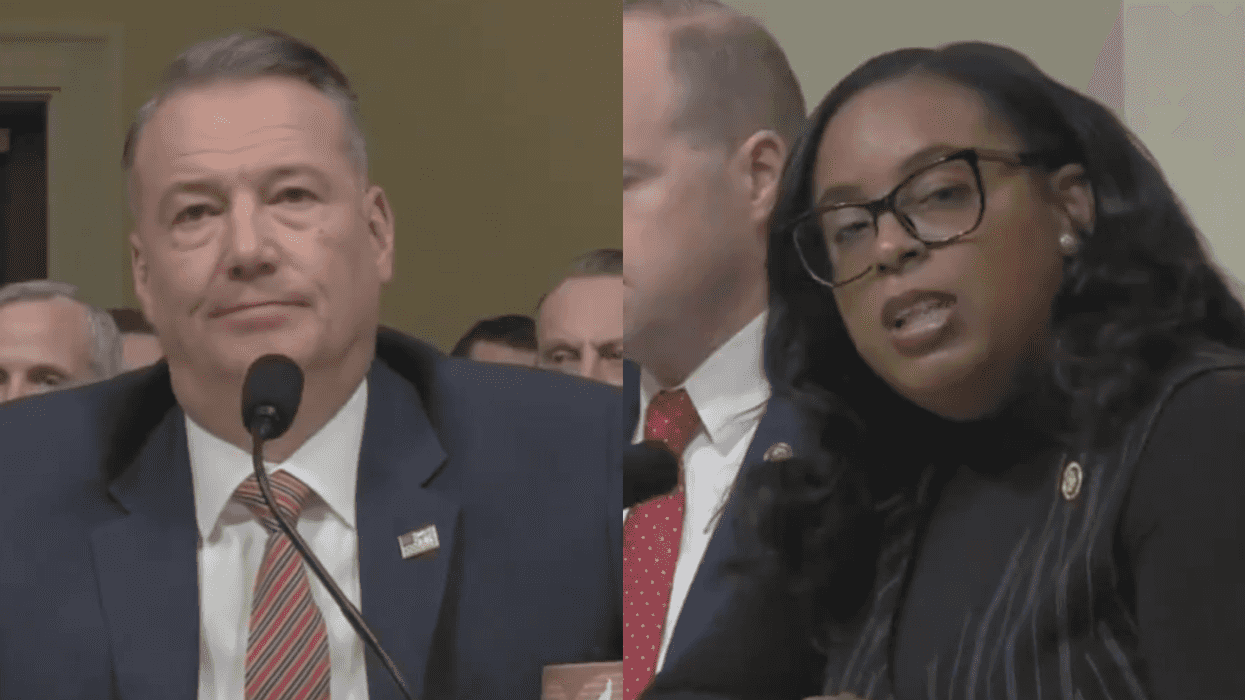
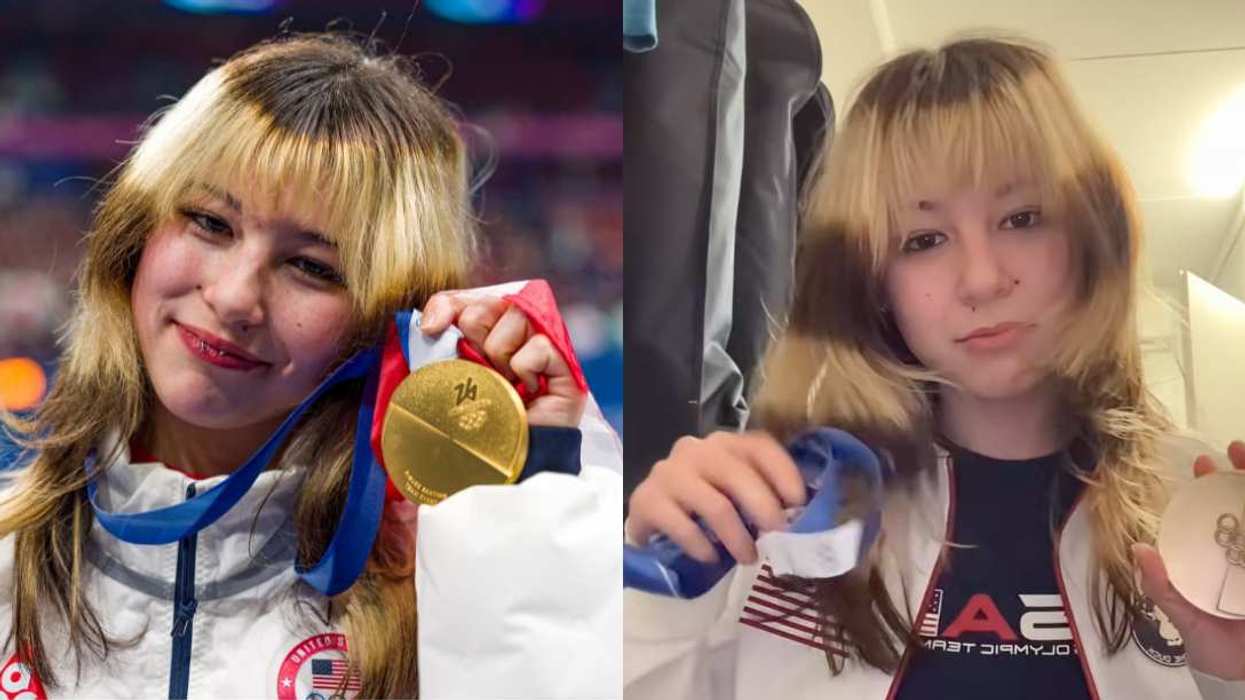



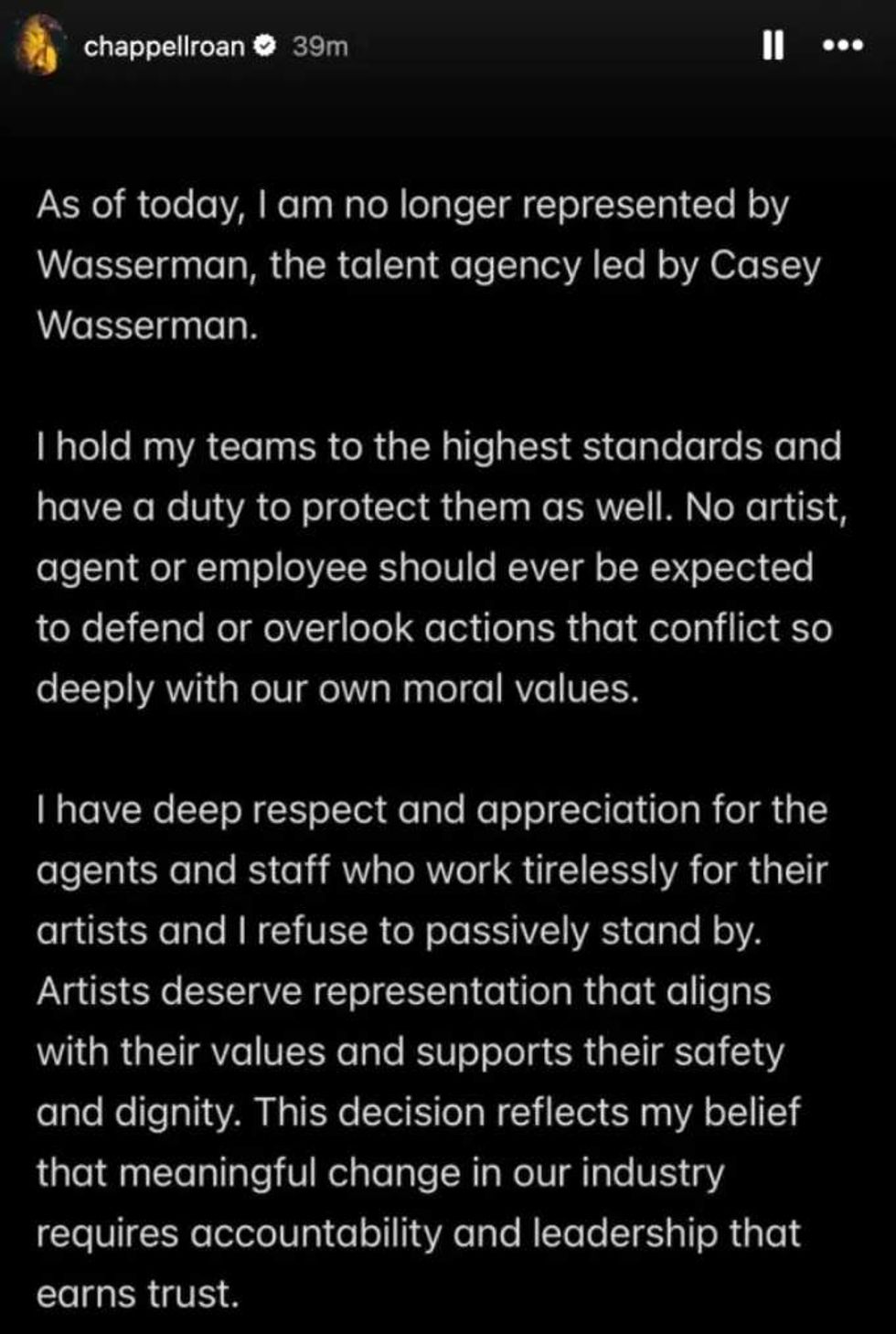 @chappellroan/Instagram
@chappellroan/Instagram r/Fauxmoi/Reddit
r/Fauxmoi/Reddit r/Fauxmoi/Reddit
r/Fauxmoi/Reddit r/Fauxmoi/Reddit
r/Fauxmoi/Reddit r/Fauxmoi/Reddit
r/Fauxmoi/Reddit r/Fauxmoi/Reddit
r/Fauxmoi/Reddit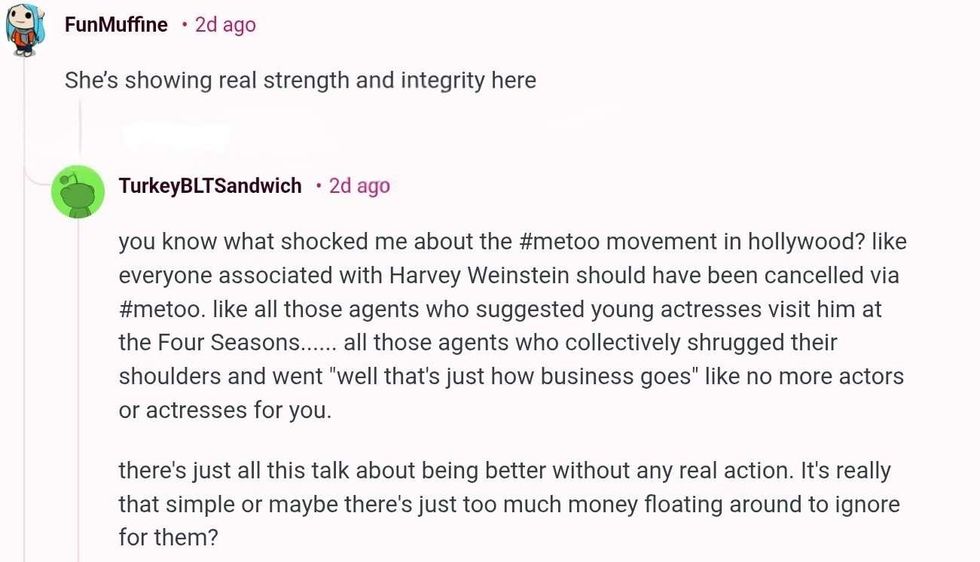 r/Fauxmoi/Reddit
r/Fauxmoi/Reddit r/Fauxmoi/Reddit
r/Fauxmoi/Reddit r/Fauxmoi/Reddit
r/Fauxmoi/Reddit r/Fauxmoi/Reddit
r/Fauxmoi/Reddit r/Fauxmoi/Reddit
r/Fauxmoi/Reddit r/Fauxmoi/Reddit
r/Fauxmoi/Reddit r/Fauxmoi/Reddit
r/Fauxmoi/Reddit r/Fauxmoi/Reddit
r/Fauxmoi/Reddit r/Fauxmoi/Reddit
r/Fauxmoi/Reddit @ANASKHA96399553/X
@ANASKHA96399553/X r/Fauxmoi/Reddit
r/Fauxmoi/Reddit r/Fauxmoi/Reddit
r/Fauxmoi/Reddit r/Fauxmoi/Reddit
r/Fauxmoi/Reddit





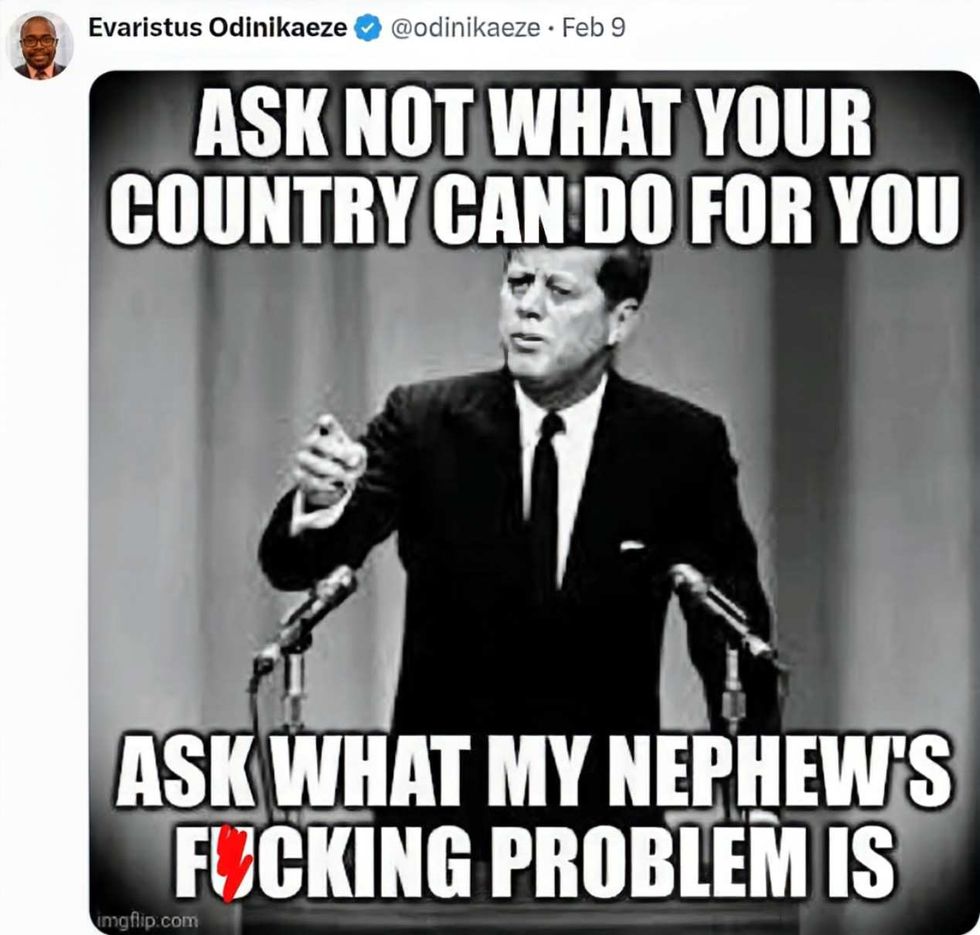 @odinikaeze/X
@odinikaeze/X @OneSixtyToOne/X
@OneSixtyToOne/X @Dazz222/X
@Dazz222/X

 The White House
The White House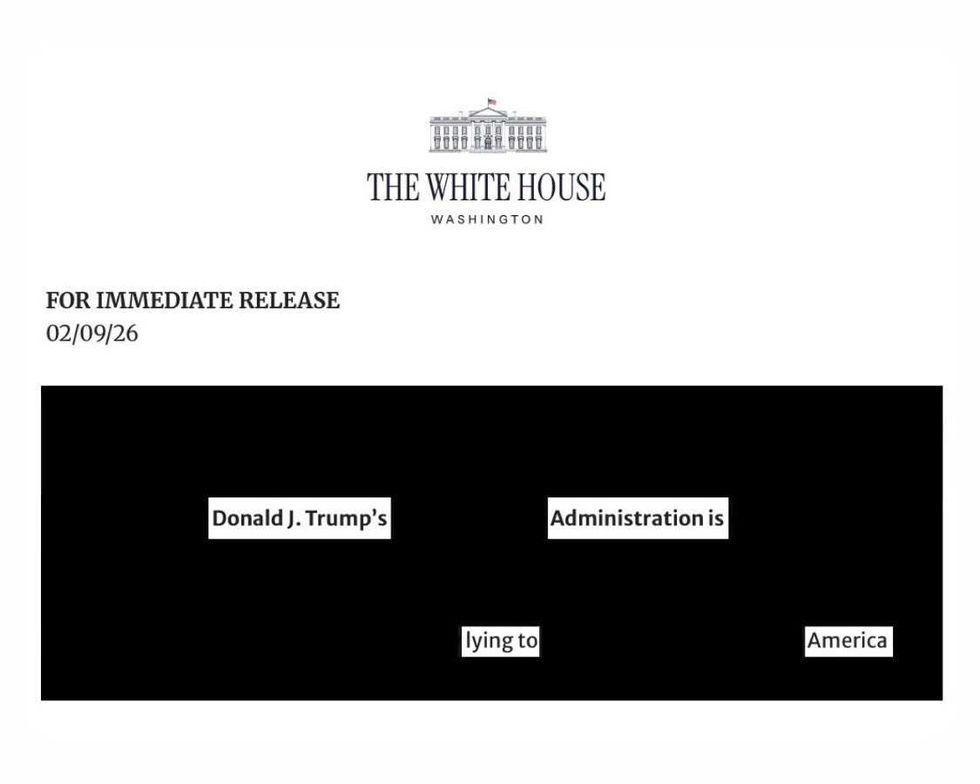 @JBPritzker/X
@JBPritzker/X